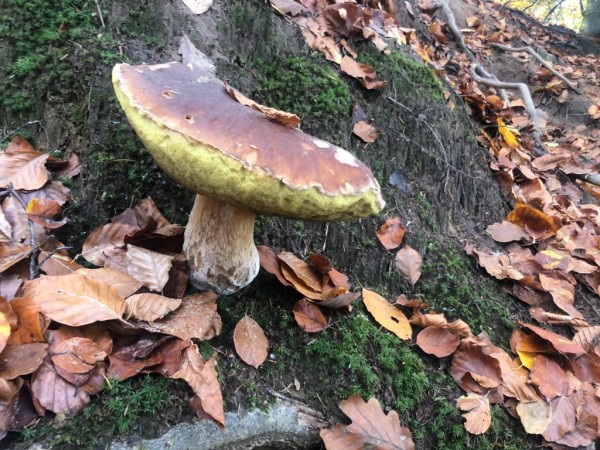After a hot and quite dry summer, we are almost finishing the 2020 bee season. The honey harvest was quite small, although there was a rich supply of flowers. Those who still want to stock up on locally produced honey for the winter should hurry. Therefore, the income from honey sales will probably not be sufficient to purchase and install another insect hotel. We therefore hope for next year.
I was pleased to take part in the national varroa monitoring, where the Luxembourg bee consultant came to my apiary and took samples from the colonies to test for varroa infestation - once before treating the colonies with formic acid and once afterwards. The test results were very positive, the infestation of the colonies with Varroa was very low, even slightly higher after the treatment. But all in all I can be satisfied, the colonies will come through the winter well.
But I am worried about the colonies in our garden. Already at the end of September I could observe wasps coming and going from the bee box, although I had already made the entrance hole much smaller. There, the bees' resistance seemed to be quite low, although normal colonies fight fiercely at this time to protect their winter stores from predation. If these stores are stolen by the wasps, the bee colony may not survive the winter. The wasps also moved almost unhindered in the box itself. According to our association president, this indicates a weakening queen or a pending reversion (i.e. a queen change), which would be much too late for this year. Not good prospects for this colony. I will have to keep an eye on it over the winter.
Last weekend was once again very warm for the beginning of November. We went for a hike and found the magnificent specimen on the cover picture, which weighed 850 g and tasted delicious. On the hike we also encountered some bees with pollen pants, which is quite unusual for this time of year.


